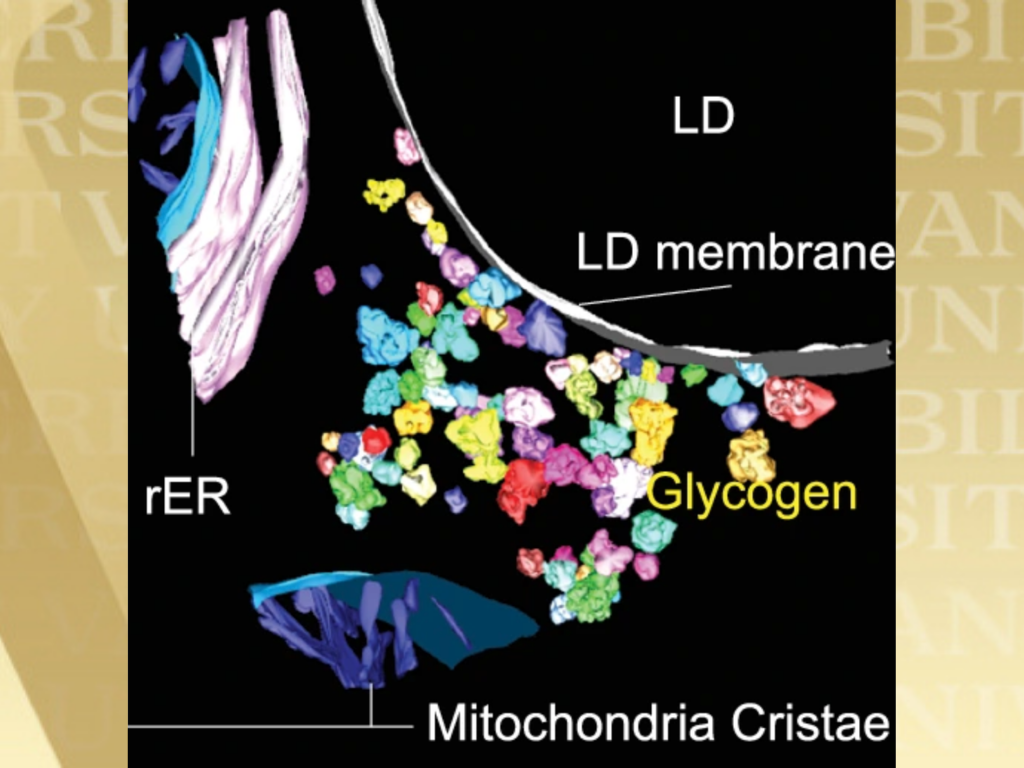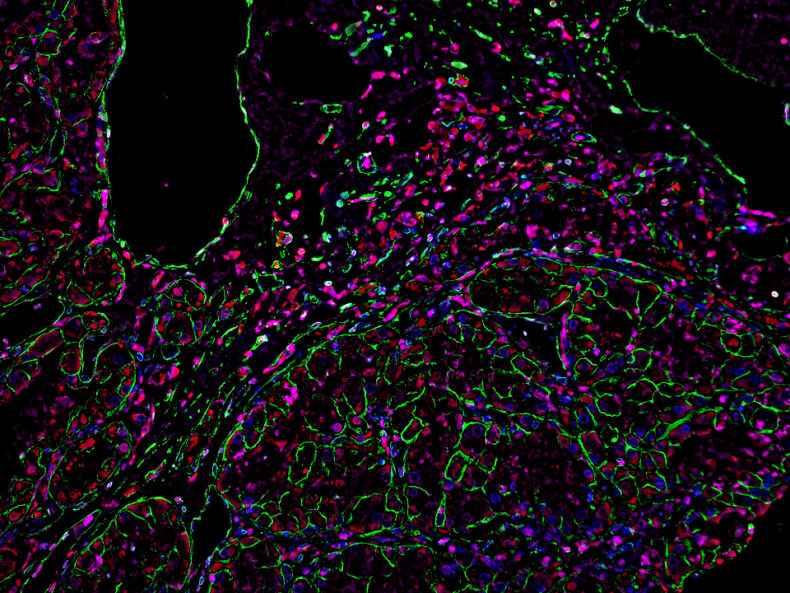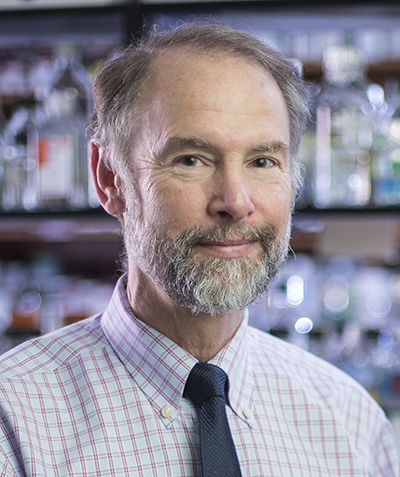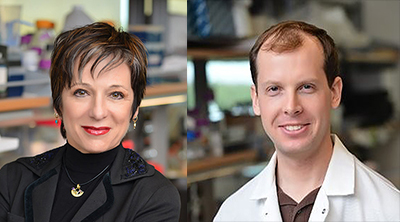Obesity
-

Prolonged semaglutide treatment reveals distinct stages of weight loss, maintenance, and regain
In a new study published in Diabetes, researchers found that prolonged treatment with the GLP-1R agonist semaglutide led to changes in feeding habits and fuel use in an animal model, offering new insights into the behavioral and metabolic adaptations that accompany weight loss, weight maintenance, and rapid weight regain after stopping treatment. Read MoreFeb. 10, 2026
-

Pioneering new method reveals glucose channeling, charting the fine structure of energy metabolism inside active cells
With a new method, researchers have captured a high-resolution metabolic “map” of how cells orchestrate glucose processing, revealing a hidden world where organelles and molecular complexes collaborate when responding to a rush of nutrients. The results of the pioneering work provide insights into an organizational and molecular framework that can be used to study how metabolic processes are disrupted in diseases and aging. Read MoreJul. 10, 2025
-

Physician-scientist Mitch Lazar to deliver Apex Lecture on Feb. 11
Whitehead Institute Professor of Biology David Bartel will present a Vanderbilt School of Medicine Basic Sciences Apex Lecture on Feb. 11, 2025. Read MoreJan. 22, 2025
-

Diabetes Day spotlights achievements, current investigations
Today, the Vanderbilt Diabetes Research and Training Center includes 140 faculty members from 15 departments and three colleges or schools at Vanderbilt and Meharry Medical College who conduct basic, clinical and translational research on the cause, prevention, treatment and complications of diabetes and obesity. Read MoreJun. 12, 2024
-

Obesity-cancer connection discovery suggests strategies for improving immunotherapy
The study reported in the journal Nature provides a mechanistic explanation for the “obesity paradox” — that obesity can contribute to cancer progression but also improve response to immunotherapy. Read MoreJun. 12, 2024
-

Lab-to-Table Conversation: ‘The Impact of Obesity on Health’ Nov. 30
Obesity is a well-known risk factor for diseases such as heart disease, cancer and diabetes. However, it is often considered to be a risk factor brought on by choice, or by inaction. This stigma, in combination with body image norms, oversimplifies obesity as it also complicates how individuals and society… Read MoreNov. 22, 2022
-

Immune cells drive beta cell loss in Type 2 diabetes
Obesity and overnutrition increase the risk of Type 2 diabetes through several mechanisms. One of these is through loss of the insulin-producing beta cells of the pancreatic islet. Wenbiao Chen, PhD, and colleagues previously have shown that overnutrition stressed the endoplasmic reticulum, the part of the beta… Read MoreSep. 8, 2022
-

Weight cycling increases diabetes risk
Alyssa Hasty, Cornelius Vanderbilt Professor of Molecular Physiology and Biophysics, specializes in immunometabolism, specifically on the role that the immune system plays in obesity and metabolic disease. Recent work from her lab explored the changes in immune cell populations in fat during obesity, weight loss, and weight cycling. The work,… Read MoreJul. 19, 2022
-

Study sheds light on the dark side of obesity
Obesity is an inflammatory condition that can damage tissues throughout the body, resulting in increased risk for cardiovascular disease, insulin resistance, type 2 diabetes and possibly kidney disease. The agents of inflammation are immune cells called macrophages, which accumulate in fatty tissue, and which produce inflammatory chemicals called cytokines. But… Read MoreMay. 17, 2022
-

Finding a resistance to obesity
By Wendy Bindeman L-R: Sheila Collins, Ryan Ceddia A trans-institutional team that includes Professor of Medicine and Molecular Physiology and Biophysics Sheila Collins, first author and Collins lab postdoc Ryan Ceddia, and Johns Hopkins collaborators Dr. David Kass and Sumita Mishra recently published a study showing that mice lacking an… Read MoreNov. 9, 2021